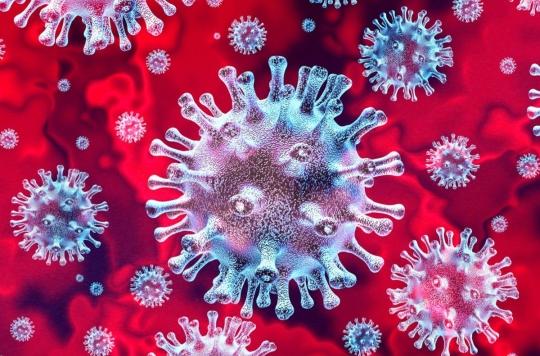
You can register as a donor from the age of 12. You can actually donate organs and tissues from birth to old age. It is impossible to say in advance whether someone is really suitable as a donor. Only a doctor can determine this in the event of death.
In that assessment, it is important at what age someone dies, where that person dies and from what.
Age of death
There is no age limit for kidneys and liver. For other organs and tissues:
the heart can be donated up to age 65
heart valves; male 61, female 66
the lungs up to 75
the pancreas up to 60
the small intestine up to 50
skin up to 81 (from 20)
blood vessels up to 46 (from 20 years)
bone tissue up to 56 (from 17)
eye tissue up to 86 (from 2)
Place of death
If you die at home, you can only donate tissue. This involves eye tissue, skin, heart valves, bone and tendon tissue and blood vessels – if these are still suitable. More information about the tissue donation procedure read here. Only if someone dies in hospital, in intensive care, can they also donate organs.
Cause of death
You can also be a donor if you have an illness, have had a blood transfusion or if you are taking medication. An organ or tissue that has been affected by disease or drug use is sometimes no longer eligible for donation. However, there are often other organs and tissues that are suitable for donation.
Death after illness
It is impossible to say in advance which organs and tissues can or cannot be used if someone has died from an illness. After death, the doctor reviews the medical record and medical history to determine whether someone can be a donor. Only blood poisoning (sepsis) and most cancers are currently always an obstacle (but donation is possible in certain forms of a brain tumor). When an organ is affected by a disease, a doctor examines whether or not the organ is suitable for donation.
After euthanasia
For tissue donation there is no difference with someone who dies naturally. As for organ donation; this is also possible after euthanasia, but a number of conditions do apply. The donor must not be older than 75 years. And he or she must want to die in the hospital. After death, the organs are removed as soon as possible. That is only possible in the hospital.
In principle, kidneys, lungs, liver and pancreas can be donated after euthanasia. Donating the heart is not possible because euthanasia leads to cardiac arrest. 75% of euthanasia searches come from people with cancer. People who die of cancer usually cannot be donors. This is only possible with certain types of brain tumor.
Condition
In order to be suitable for donation, it is important that the organs and tissues are in good condition. But that does not mean that people who lead an unhealthy life (eating too much, smoking, drinking, and exercising little) are not suitable as donors. Also from them some tissues and organs can be used. The doctor will assess that.
Source: transplant foundation.nl













-1580144680.jpg)

